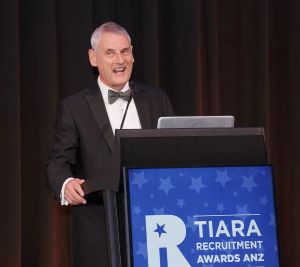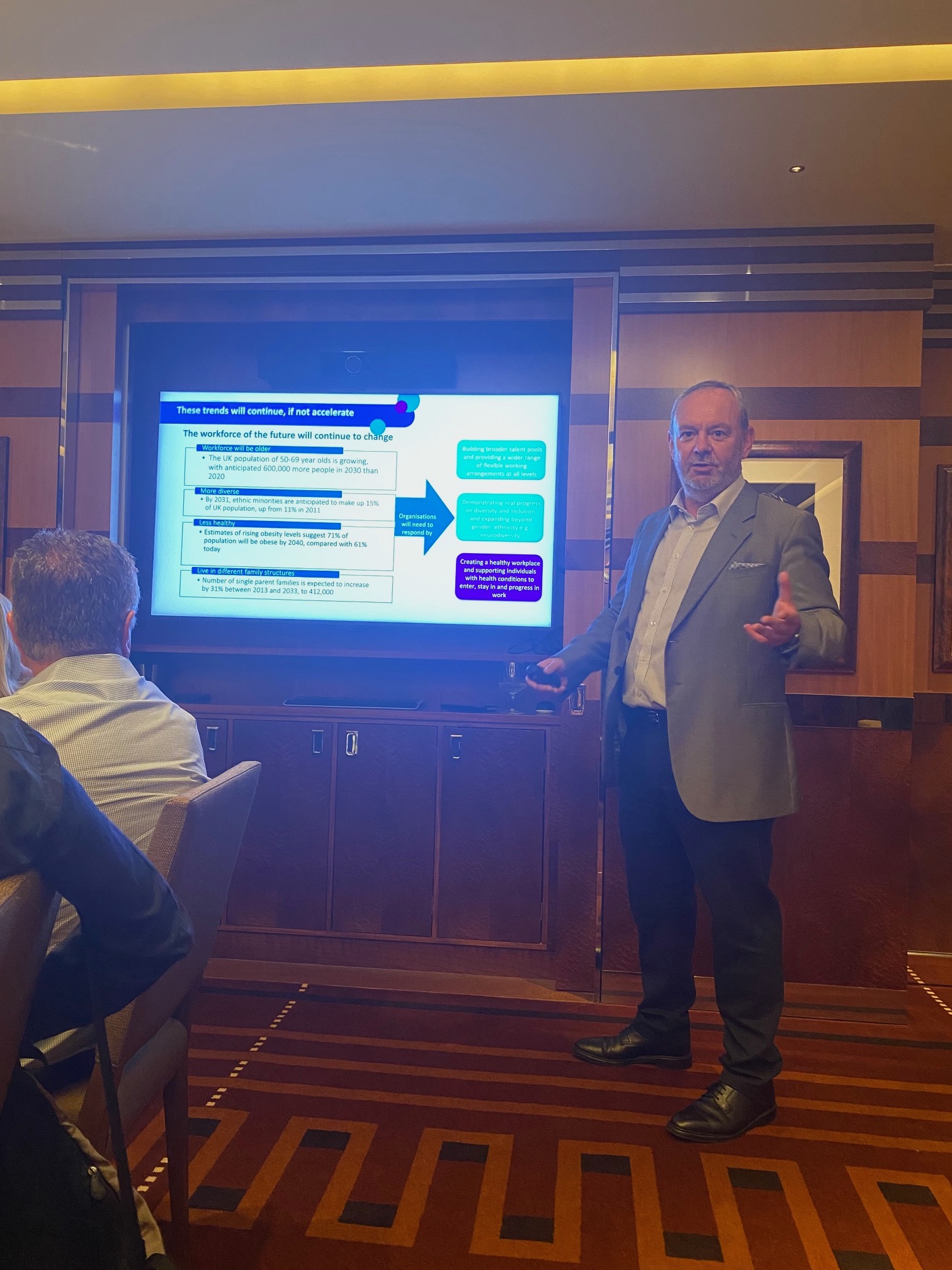The recent case of Stuart Kirk, the now ex-Head of Responsible Investment at HSBC is something of a salutary lesson for anyone who might be thinking about expressing opinions that don’t fit within an accepted orthodoxy. Mr Kirk’s crime was to deliver a talk at a recent conference “Moral Money European Summit, Turning Talk into Action to hit ESG targets”, where he suggested that some of the reactions to the climate crisis may be overblown, specifically from an investment standpoint.
It’s an interesting talk – about 15 minutes long, the link is here – and it makes the perfectly reasonable point that humanity has a pretty good track record of finding solutions to complex problems albeit with a couple of slightly provocative examples.
So far, so straightforward. Apparently not. Even though the speech would almost certainly have been signed off internally it transpires that it was a bit too controversial for Mr Kirk’s bosses and off he’s gone.
Like many people, I am keen to understand the impact of how we respond to the impact of climate change on our societies and economies so different perspectives are important. But not Mr Kirk’s apparently.
What does this have to do with the talent agenda? On the face of it perhaps not much but, in fact, I think episodes like this have a profound impact on how organisations find and keep the people they need, especially at a senior level.
The message delivered by this example seems to say “if you have an intelligent, informed opinion but it turns out we don’t like it – even after we have told you we do – then we may dispense with your services”. Who wants to stay in an organisation like that, never mind join one?
The concern in organisations like this is that there is likely to be many more examples where opinions that may not fit the “house view” never see the light of day. This is the opposite of diversity.
Mr Kirk’s crime was not to deny climate change but to suggest a different way of how we might respond to it – adaption rather than mitigation – and what this means for investors.
It’s a shame because in recent years there has been amazing progress in highlighting and discussing many other issues that affect people’s working lives – mental health, menopause, disability,
racial equality, the gender pay gap – to name a few but if organisations create environments where different perspectives aren’t allowed, we all suffer.






